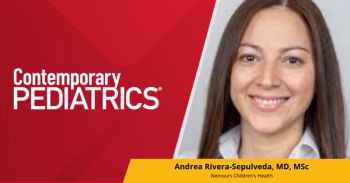
Pediatric subspecialists fail to follow guidelines for treating ADHD
More than 90% of pediatric subspecialists who diagnose and manage attention-deficit/hyperactivity disorder (ADHD) in young children deviate from current recommendations of the American Academy of Pediatrics (AAP) and the American Academy of Child and Adolescent Psychiatry regarding treatment of pediatric ADHD.
More than 90% of pediatric subspecialists who diagnose and manage attention-deficit/hyperactivity disorder (ADHD) in young children deviate from current recommendations of the American Academy of Pediatrics (AAP) and the American Academy of Child and Adolescent Psychiatry regarding treatment of pediatric ADHD.
Clinical guidelines advise that preschoolers with ADHD receive initial treatment with behavior modification, followed by pharmacotherapy with the first-line medication methylphenidate when behavior modification is not successful.
Preliminary data from a survey of 560 board-certified pediatric subspecialists including developmental-behavioral pediatricians, child psychiatrists, and child neurologists revealed that just 8%, 12%, and 9%, respectively, complied with the clinical guidelines.
One in 5 respondents reported using medication as first-line treatment often or very often. Among all respondents who prescribed medication for initial treatment of pediatric ADHD, more than one-third reported choosing amphetamines or nonstimulants rather than methylphenidate. There were no differences across subspecialties regarding initiation of medication or selection criteria.
The researchers say it is unclear why so many clinicians who specialize in management of ADHD fail to comply with treatment guidelines.
Chung J, Sunday S, Meryash D, Gutman A, Adesman A. Medication management of preschool ADHD by pediatric sub-specialists: non-compliance with AAP clinical guidelines. Paper presented at: Pediatric Academic Societies Annual Meeting; May 2012; Washington, DC.
Newsletter
Access practical, evidence-based guidance to support better care for our youngest patients. Join our email list for the latest clinical updates.








